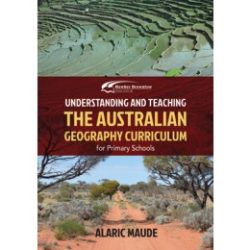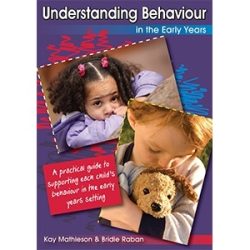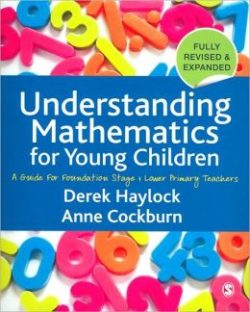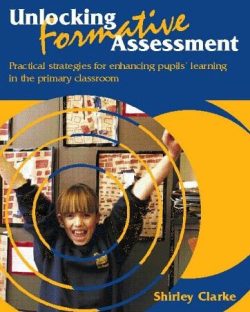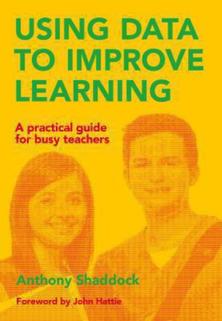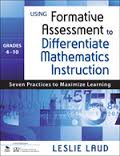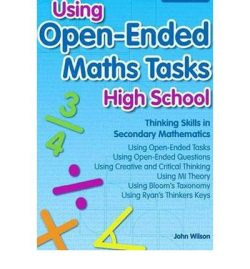The Smartest Kids In The World
$29.99ISBN – 9781451654424
Showing 141–160 of 173 results
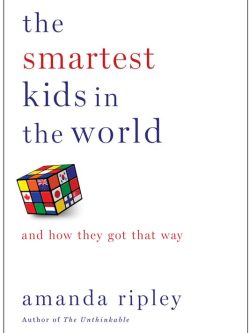
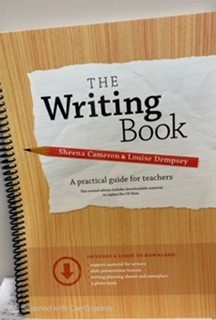

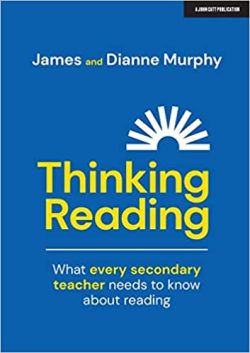
Despite the efforts of teachers and educators, every year secondary schools across the English-speaking world turn out millions of functionally-illiterate leavers. The costs in human misery and in wasted productivity are catastrophic. What can schools do to prevent this situation?
In their highly-accessible new book, James and Dianne Murphy combine more than 50 years of experience to provide teachers with a thorough, easy-to-use walk-through of the extensive research on reading and its effects on student achievement. Drawing on the work of experts from around the world, the authors explore how we learn to read, how the many myths and misconceptions around reading developed, and why they continue to persist.
Building on these foundations, chapters go on to examine how the general secondary school classroom can support all levels of reading more effectively, regardless of subject; how school leaders can ensure that their systems, practices and school culture deliver the very best literacy provision for all students; and what it takes to ensure that a racing intervention aimed at adolescent struggling readers is truly effective.
The overall message is one of great optimism: the authors demonstrate that the right of every child to learn to read is entirely achievable if schools employ the best research-driven practice.
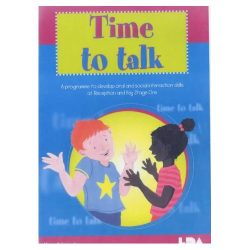
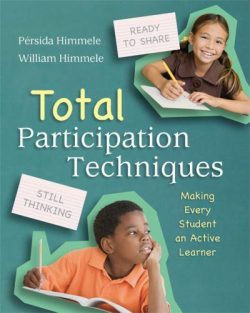
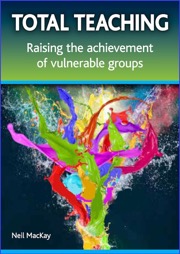
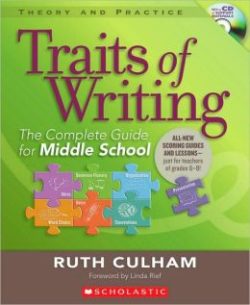
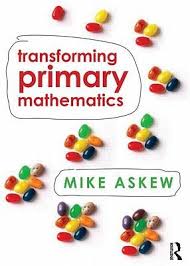
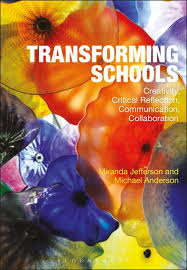
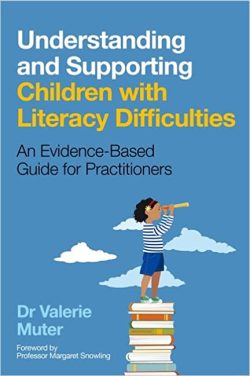
Learning to read is arguably the single most important educational challenge a child faces in the first years of schooling, setting a child up for future academic success and opportunities. However, it is estimated that one in six children experience literacy difficulties.
This is the go-to book for psychologists, educationalists and other professionals wanting a deeper understanding of current thinking around dyslexia, reading comprehension difficulties, and related SpLDs. Drawing on six fictional case studies to illustrate her points, and using examples of good practice throughout, Valerie Muter unpacks the latest psychological theories and research on literacy disorders.
She discusses the interconnections between underlying cognitive problems and learning and educational and behavioural issues, as well as the common co-occurrence of these conditions. This authoritative book also provides accessible guidance on making assessments and tailoring interventions within the home or school.
Written by a lead thinker in the field, this is an essential evidence-based guide for those working with children with literacy difficulties and supporting them to achieve their full potential.
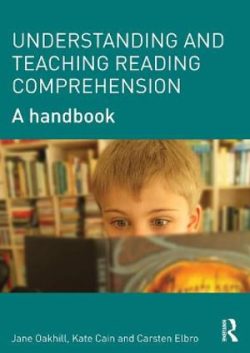
The ultimate aim of reading is not the process but to understand what we read and comprehension can take place at many different levels. There has been an increasing emphasis on the importance of reading comprehension in recent years but despite this there is very little written on this vital topic accessible to trainee and practicing teachers.
The Handbook of Reading Comprehension presents an overview of recent findings on reading comprehension and comprehension problems in children. It provides a detailed examination of the characteristics of children who have reading comprehension difficulties, and examines ways in which comprehension can be supported and improved. It is accessibly written for students and professionals with no previous background in the psychology of reading or reading problems.
This indispensable handbook asks the question ‘what is comprehension?’ The authors consider comprehension of different units of language: understanding single words, sentences, and connected prose and outline what readers (and listeners) have to do to successfully understand an extended text. This book also considers comprehension for different purposes, in particular reading for pleasure and reading to learn and explores how reader characteristics such as interest and motivation can influence the comprehension process.
Different skills contribute to successful reading comprehension. These include word reading ability, vocabulary knowledge, syntactic skills, memory, and discourse level skills such as the ability to make inferences, knowledge about text structure, and metacognitive skills. The authors discuss how each one contributes to the development of reading comprehension skill and how the development of these skills (or their precursors) in pre-readers, provides the foundation for reading comprehension development.
Areas covered include:-
Throughout the text successful experimental and classroom based interventions will be highlighted, practical tips for teachers and summary boxes detailing key points and explaining technical terms will be included in each chapter.
